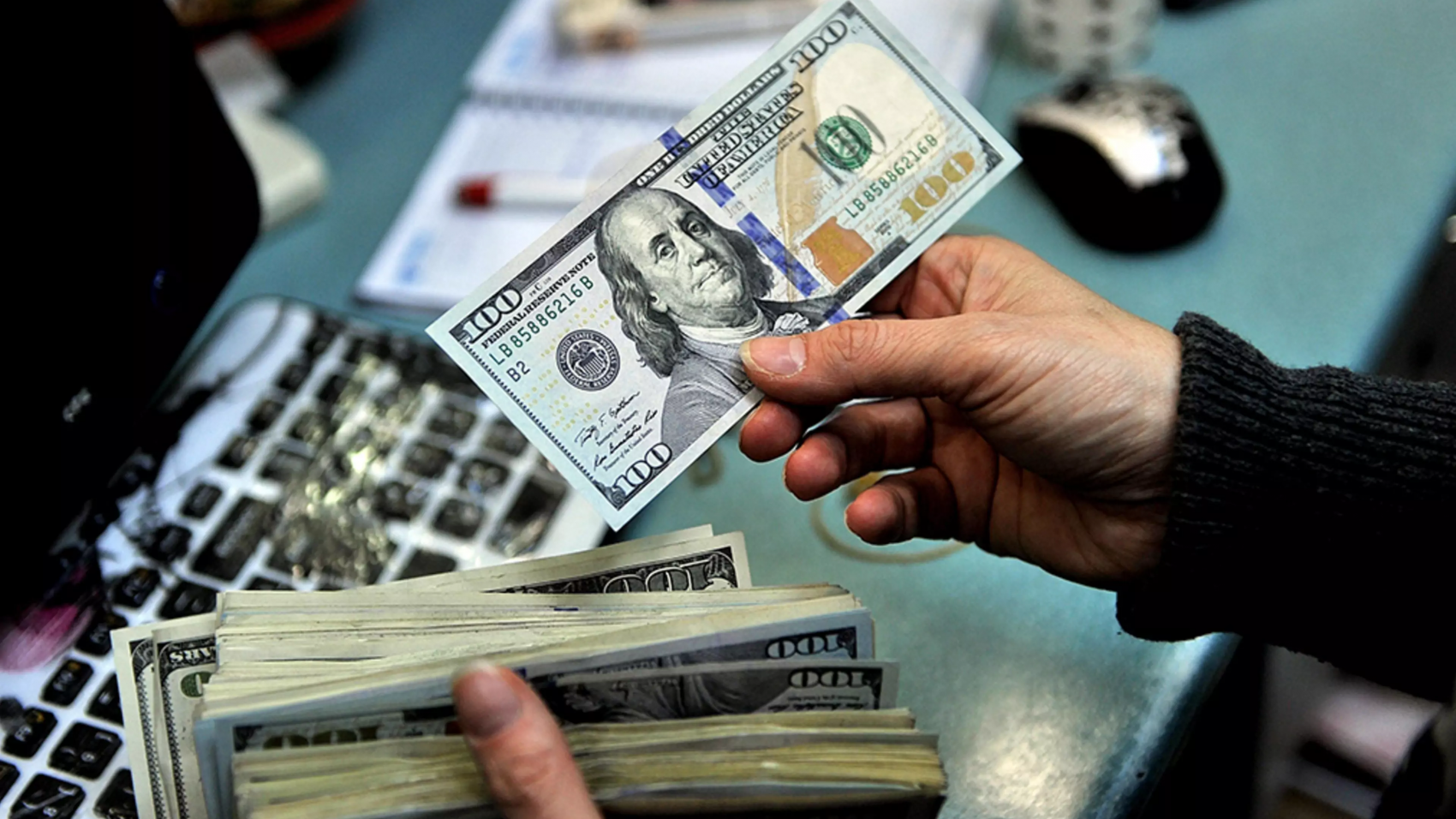Myanmar hosted the 7 th Mekong-Lancang Cooperation Foreign Ministers’ Meeting on the morning of 4 July 2022 at Aureum Palace Hotel in Bagan. The meeting was co-chaired by U Wunna Maung Lwin, Union
Minister for Foreign Affairs of the Republic of the Union of Myanmar and Mr Wang Yi, State Councilor and
Foreign Minister of the Peoples’ Republic of China. Mr Prak Sokhonn, Deputy Prime Minister and Minister of Foreign Affairs and International Cooperation of Cambodia, Mr Saleumxay Kommasith, Deputy Prime Minister and Minister of Foreign Affairs of Lao PDR, Mr. Don Pramudwinai, Deputy Prime Minister and Minister of Foreign Affairs of Thailand and Mr Bui Thanh Son, Foreign Minister of Viet Nam attended the meeting.
During the meeting, the Ministers reviewed the work done in the past and discussed the future direction of the cooperation. They also exchanged views on the ways and means to address the current challenges. At the meeting, Union Minister U Wunna Maung Lwin stated that collective efforts with solidarity under the Mekong-Lancang Cooperation framework would be the best means to address current and future challenges as per the theme of the meeting; “Solidarity for Peace and Prosperity”. He also mentioned having close cooperation for the prevention and control of infectious diseases including COVID-19 for regional health security and thanked China for the assistance rendered to Myanmar in the fight against COVID-19.
The Minister stressed prioritizing the cooperation for the economic revitalization and support of the “Global Development Initiative” of China as it effectively responds urgent needs of the Mekong-Lancang region. He highlighted the importance of regional peace and stability as a basis for sustainable development, and support the “Global Security Initiative” of China. The Union Minister pointed out the need to enhance cooperation in the area of non-traditional security including suppression of transnational crime, illicit drug production and trafficking, illegal weapon trafficking and anti-terrorism. He also supported the establishment of the Mekong-Lancang Disaster Management Cooperation Mechanism for the improvement of the disaster risk reduction capacity of six member states.
He also touched upon the other areas of cooperation such as water resources, agriculture, production capacity, power generation and renewable energy. In the meeting, Mr Wang Yi, State Councilor and Foreign Minister of the Peoples’ Republic of China discussed the future directionunder the Mekong-Lancang Cooperation which includes promoting strategic leadership for sustainable development, expanding agriculture cooperation, to promoting green development, to enhancing cooperation on digital innovation and strengthening people-to-people exchanges. The State Councilor also explained the plan for future cooperation under the MLC framework including the plans to enhance cooperation in agriculture, water resources, digital economy, space cooperation, human resources and public health.
The Foreign Ministers of Mekong countries also discussed the matters to be included in the future work of Mekong-Lancang Cooperation. The meeting issued the Joint Press Communique’ and four thematic statements in the areas of agriculture, disaster management, custom, and mutual learning among the peoples of the Mekong-Lancang region. After the meeting, all Foreign Ministers of Mekong-Lancang Cooperation attended the opening ceremony of the “Mekong-Lancang Cooperation National Coordination Unit Building” built at the premises of the Ministry of Foreign Affairs, Nay Pyi Taw. The two Co-chairs, Foreign Ministers of Myanmar and China, also made a Joint Press Conference on the outcomes of the meeting. Mekong-Lancang Cooperation was established in 2016 with an aim to assist regional efforts to achieve sustainable inclusive development and narrow development gaps in the region while promoting peace and prosperity. Cambodia, China, Laos, Myanmar, Thailand and Viet Nam are the members of the Mekong-Lancang Cooperation.
Source: The Global New Light of Myanmar

